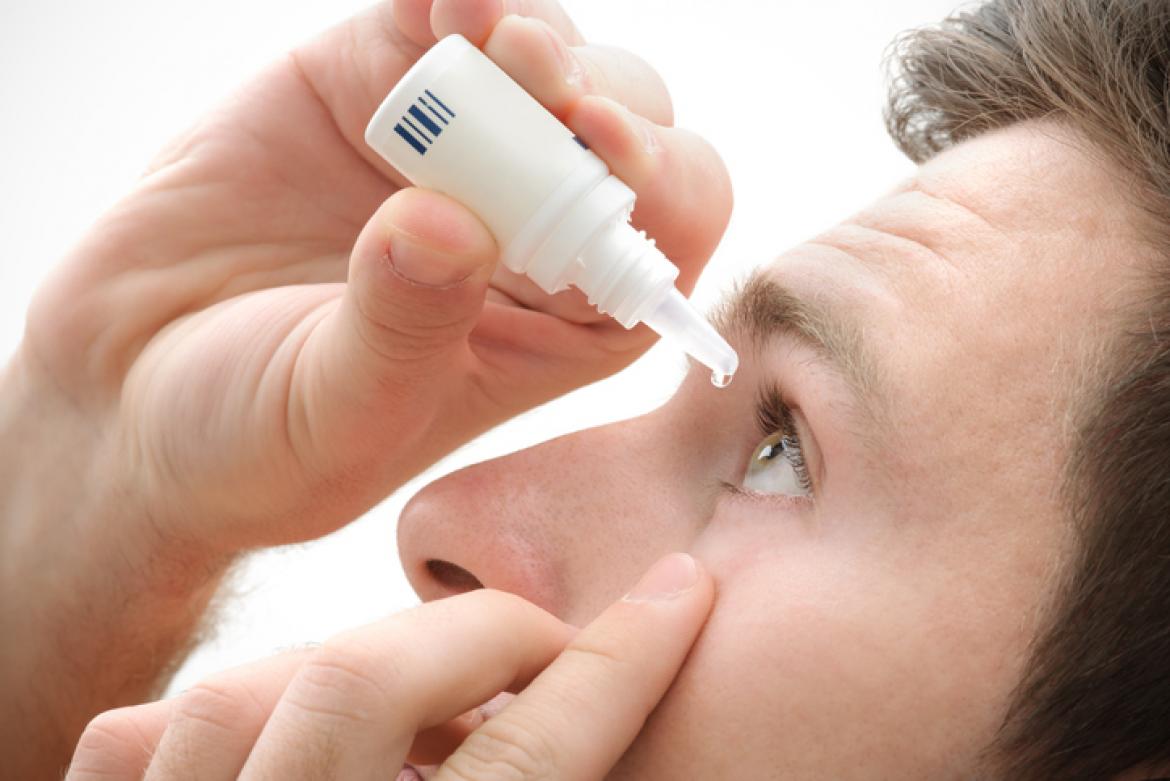Featured

While these developments have improved convenience and connection, they've likewise introduced an usual issue: digital eye pressure. Symptoms like blurred vision, migraines, dry eyes, and neck discomfort can result from extended display use.
Follow the 20-20-20 Policy. One of the most basic and most effective means to lower electronic eye pressure is by adopting the 20-20-20 rule. Every 20 mins, take a 20-second break to concentrate on something 20 feet away. This offers your eye muscles a chance to kick back and protects against prolonged anxiety from concentrating on a nearby screen. Setting suggestions or utilizing apps can assist you stay regular with this behavior.

Optimize Your Screen Configuration. The positioning of your screen plays a significant role in decreasing eye stress. Placement your computer system screen regarding an arm's length far from your face, with the top of the display at or just listed below eye degree. This setup guarantees that your eyes normally look slightly downward, lowering pressure and helping you preserve appropriate stance.
Furthermore, change the illumination and comparison of your screen to match your surroundings. A display that's too bright or too dark can compel your eyes to work harder. Using a blue light filter or triggering your gadget's "evening mode" can also reduce the rough results of blue light on your eyes, particularly at night.
Blink More Frequently. When gazing at screens, people tend to blink much less regularly, which can cause completely dry, irritated eyes. Make an aware initiative to blink a lot more frequently while utilizing digital gadgets. If you still experience dry skin, consider utilizing lubricating eye decreases or artificial rips to maintain your eyes comfortable.
Take Breaks and Walk Around. Prolonged screen usage doesn't just influence your eyes-- it also affects your neck, shoulders, and back. Taking regular breaks to stand up, stretch, and walk around can reduce physical discomfort and decrease general exhaustion. Time-outs every half an hour approximately can make a huge difference.
Restriction Display Time. Whenever feasible, restriction unneeded display time, specifically prior to going to bed. The blue light from digital devices can interrupt your rest cycle by subduing melatonin production. To secure both your vision and sleep high quality, prevent displays for at the very least an hour before going to bed.
Stay Hydrated and Usage Proper Illumination. Dry eyes can additionally result from dehydration, so consume alcohol a lot of water throughout the day to stay hydrated. In addition, guarantee your workspace is well-lit but without glare. Prevent placing your screen in straight sunshine or under extreme synthetic lights that assess the screen.
Invest in Computer Glasses. If you spend long hours in front of a display, take into consideration purchasing blue light-blocking or computer system glasses. These specialized lenses lower glow, filter blue light, and enhance focus, making screen time a lot more comfortable for your eyes. Seek advice from an eye care specialist to figure out if these glasses are appropriate for you.
Do Not Miss Normal Eye Tests. Normal eye tests are vital, particularly if you use electronic gadgets regularly. An optometrist can review your vision, determine prospective concerns, and suggest customized options to secure your eyes. They can likewise recommend computer glasses or recommend other strategies for reducing digital eye stress.
Conclusion. In today's screen-driven globe, digital eye stress is an obstacle many individuals deal with. By implementing simple methods like the 20-20-20 regulation, optimizing your screen configuration, and taking normal breaks, you can protect your vision and maintain eye health. Make these routines component of your everyday regimen, and don't forget to prioritize regular eye tests to maintain your eyes in leading condition. Your vision is precious-- care for it for the long-term.
Latest Posts
Learn About Brake Repair & More: Full Repair Options from Montclare Auto Repair
Find Out Cut Costs on Car Maintenance with Montclare Auto Repair’s Special Deals
Identifying When Your Car Needs Skilled Auto Repair at Montclare Auto Repair
More
Latest Posts
Learn About Brake Repair & More: Full Repair Options from Montclare Auto Repair
Find Out Cut Costs on Car Maintenance with Montclare Auto Repair’s Special Deals
Identifying When Your Car Needs Skilled Auto Repair at Montclare Auto Repair